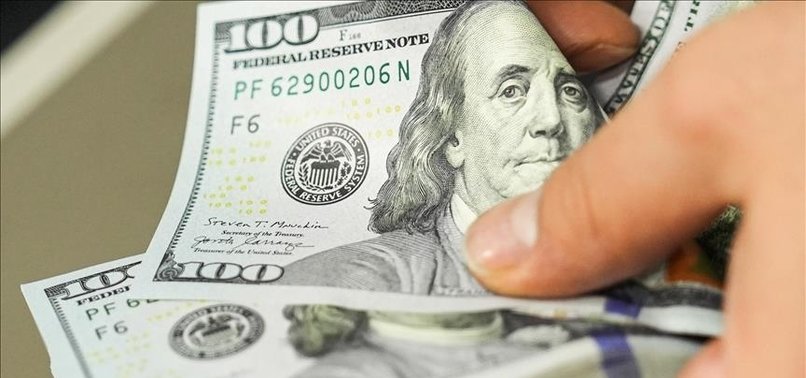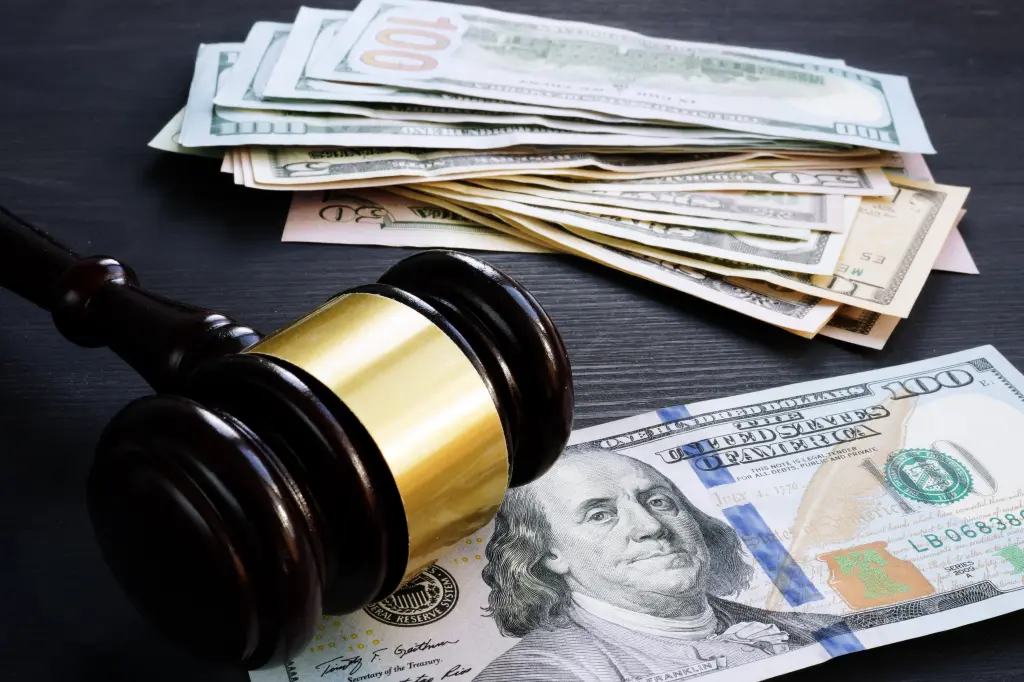Federal Crackdown on Cashless Bail in 2025 – Impact on Criminal Defense Across the USA
Table of Contents
Introduction: The Federal Crackdown on Cashless Bail
In August 2025, the White House announced a sweeping Federal Crackdown on Cashless Bail, reshaping how pretrial justice works across the USA. For years, cashless bail was adopted in states like Illinois, New York, and California to reduce unfair incarceration. Now, the federal government is threatening to cut funds to jurisdictions that continue cashless bail and even push certain defendants into federal court.
For anyone facing criminal charges, and for attorneys defending them, this crackdown represents one of the most significant shifts in U.S. criminal law in decades.
What Is the Federal Crackdown on Cashless Bail?
The Federal Crackdown on Cashless Bail is a policy shift designed to limit or reverse bail reform at the national level.
- Goal of the Policy: Increase accountability and prevent repeat offenders from being released under cashless bail systems.
- How It Works: Jurisdictions that abolished cash bail risk losing federal funding. In some cases, suspects released locally may now face federal prosecution instead.
- Why It Matters: This expands federal influence into areas that were previously left to state control, creating new challenges for defense lawyers.
State-by-State Impact Across the USA
The crackdown plays out differently depending on the state:
- Illinois – Eliminated cash bail in 2023. Now faces federal pushback that could bring cases under national jurisdiction.
- New York & California – Key reform states under pressure to change course. Defense attorneys must prepare for contested detention hearings.
- Texas & Florida – States that kept traditional bail systems now find their policies aligned with federal goals.
- Washington, D.C. – The immediate testing ground where cases are already being shifted into federal court.
The Federal Crackdown on Cashless Bail creates a patchwork of rules, meaning a defendant’s rights vary dramatically depending on where they are charged.
How This Affects Criminal Defense Strategy
Defense attorneys must adapt to this new federal landscape:
- Pretrial Detention Battles
Lawyers must fight harder for release, using constitutional arguments to challenge unnecessary detention. - Federal vs. State Jurisdiction
Cases once handled locally may now be prosecuted federally, raising the stakes with harsher penalties. - Constitutional Challenges
Expect litigation over states’ rights, due process, and equal protection. - Client Communication
Defendants and families need to understand that what was possible under cashless bail in 2023 may no longer apply in 2025.

Case Example: Federal Overreach in D.C.
A recent case in Washington, D.C. highlights the human cost. A defendant arrested for a nonviolent offense would have been released under local cashless bail rules. But under the Federal Crackdown on Cashless Bail, prosecutors filed federal charges. Instead of going home to await trial, the defendant was held in federal detention for weeks—despite being legally presumed innocent.
This case illustrates the fear that thousands of defendants across the USA may soon face.
The Human Impact of the Crackdown
Behind the headlines, the Federal Crackdown on Cashless Bail has real consequences:
- Families separated when loved ones sit in jail before trial.
- Workers lose jobs while detained without conviction.
- Communities lose faith in a justice system that seems to punish poverty.
These are not just legal battles—they are human struggles.
Looking Ahead: What Comes Next?
- Litigation Battles: States and civil liberties groups are preparing lawsuits against the crackdown.
- Expansion of Federal Power: More local cases may shift into federal courtrooms.
- Defense Strategy Evolution: Bail hearings will become battlegrounds for constitutional rights.
For defense attorneys, the Federal Crackdown on Cashless Bail demands constant vigilance, innovative arguments, and a willingness to challenge federal overreach.
What Defendants Should Do Now
- Hire an Experienced Criminal Defense Lawyer – Federal detention cases require specialized defense.
- Know Your State’s Status – Policies vary widely by jurisdiction.
- Prepare for Federal Involvement – A local arrest could now lead to federal prosecution.
Suggested Video for Readers
👉 “Cash Bail vs. Cashless Bail Explained – Federal Crackdown 2025”
(Embed a YouTube explainer video on bail reform to boost engagement.)

Conclusion: A Fight for Justice Before Trial
The Federal Crackdown on Cashless Bail is more than a policy debate—it’s a question of fairness, freedom, and constitutional rights. Across the USA, criminal defense lawyers are on the frontlines, fighting to ensure that defendants are not punished before they are proven guilty.
For defendants, families, and communities, the message is clear: the fight for justice begins at the bail hearing.


Leave a Reply